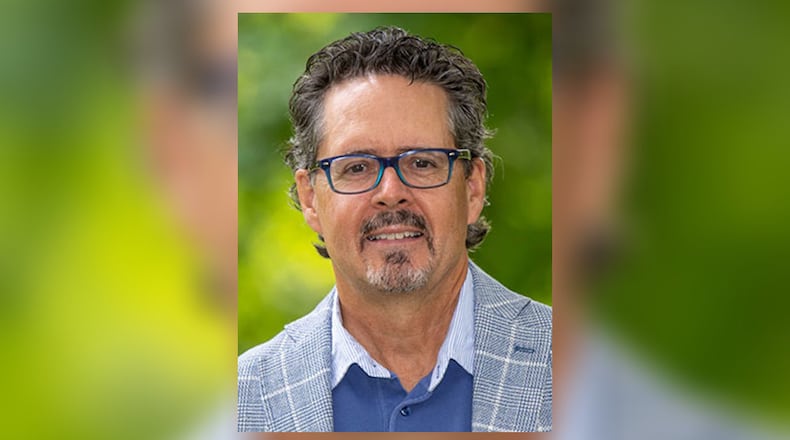As with previous waves of immigrants throughout American history, this influx has significantly strained community resources, and caused a culture clash characterized by misunderstandings, hateful rhetoric, threats of violence, bigotry, and fear. Unfortunately, this has recently attracted the attention of national politicians and media who are amplifying the hate, and creating real danger for all of us recently with multiple bomb threats closing down government offices and schools, and extremist protestors openly displaying automatic weapons while marching through town.
Solutions to our shared challenges require us to work together for the common good: this is based on compromise — the fundamental principle of democratic decision-making. In our era of polarization, however, the virtue of binding us together through democratic compromise is seen by many as a weakness. Additionally, our partisan polarization has spawned two other factors that often exacerbate this tendency to view compromise as suboptimal—negative partisanship and disagreement discounting. The former is when we dislike the other political party more than we like our own, and the latter is the tendency to discount the concerns of those with whom we disagree. If we want social stability, we must combat these barriers to compromise. We need our legislators at all levels to work together for solutions to our challenges. The main incentive for them to do so is the potential that voters will punish them for failure to compromise, or failure to act.
The power of the people to use their votes to promote leaders who actively work toward the common good depends on the existence of competitive elections. Gerrymandering undermines this by creating uncompetitive, safe districts for extreme candidates — those who are entrenched in their own beliefs and unwilling to listen to or work with others to solve problems. Next Monday’s session will explore how partisan gerrymandering frustrates voters’ efforts to elect leaders able to compromise for the greater good.
Come and learn how gerrymandering in Ohio exemplifies this problem, and what we can be do about it. For more information about the entire series, including recommended readings and videos of previous sessions, go to: https://www.wittenberg.edu/hagen-center/civic-education-series.
Rob Baker, Ph.D., is a professor of political science at Wittenberg University.
About the Author
